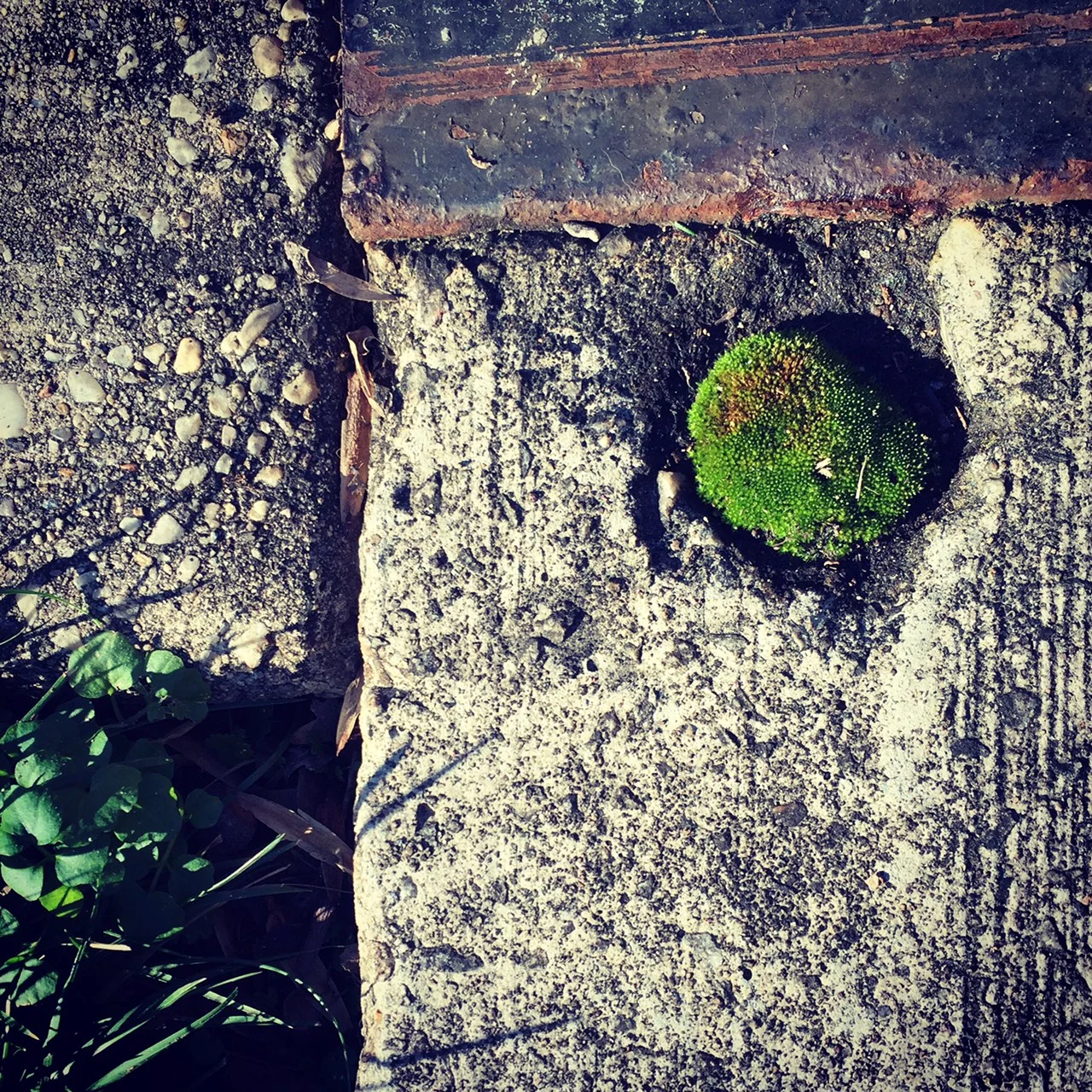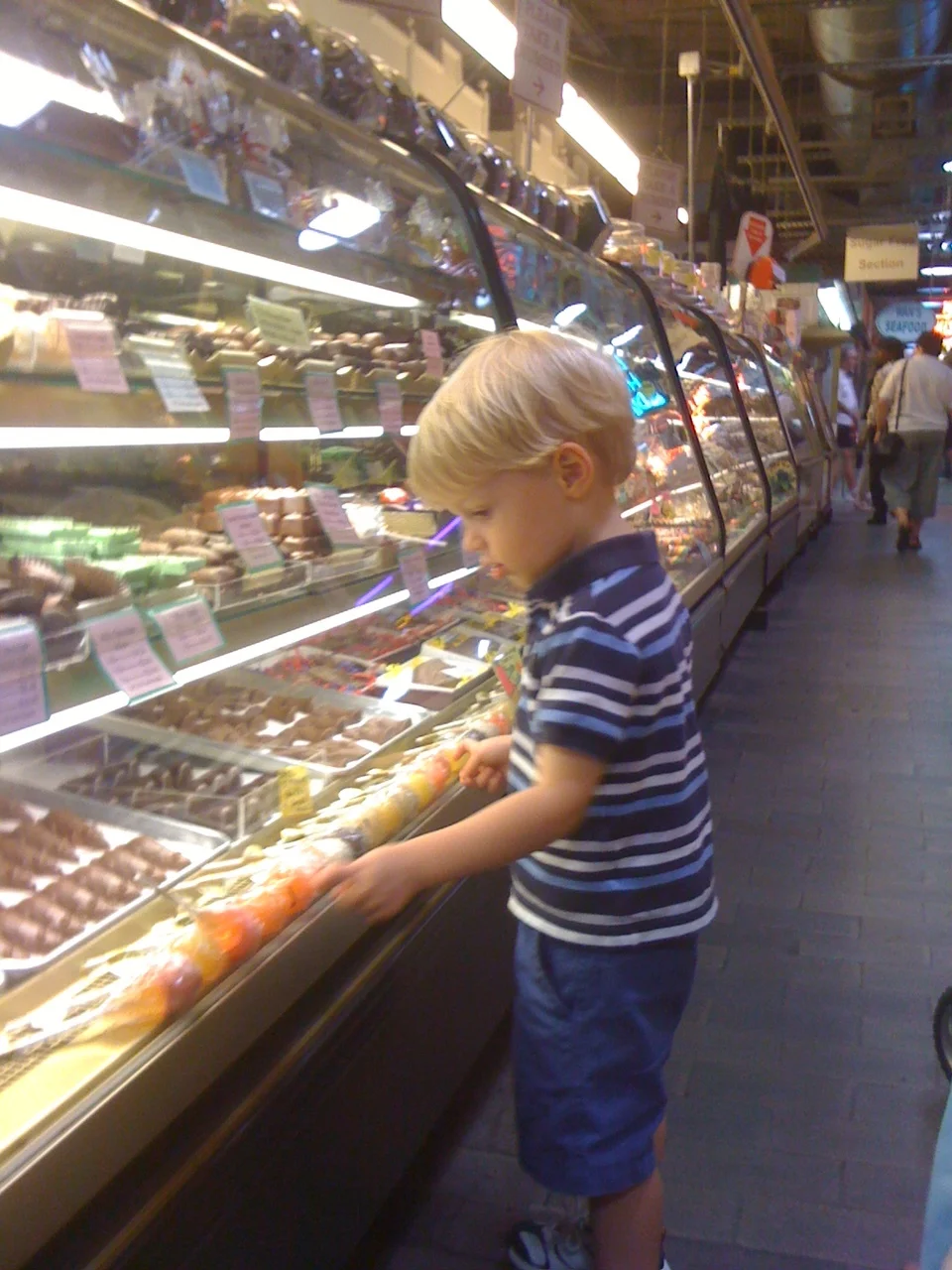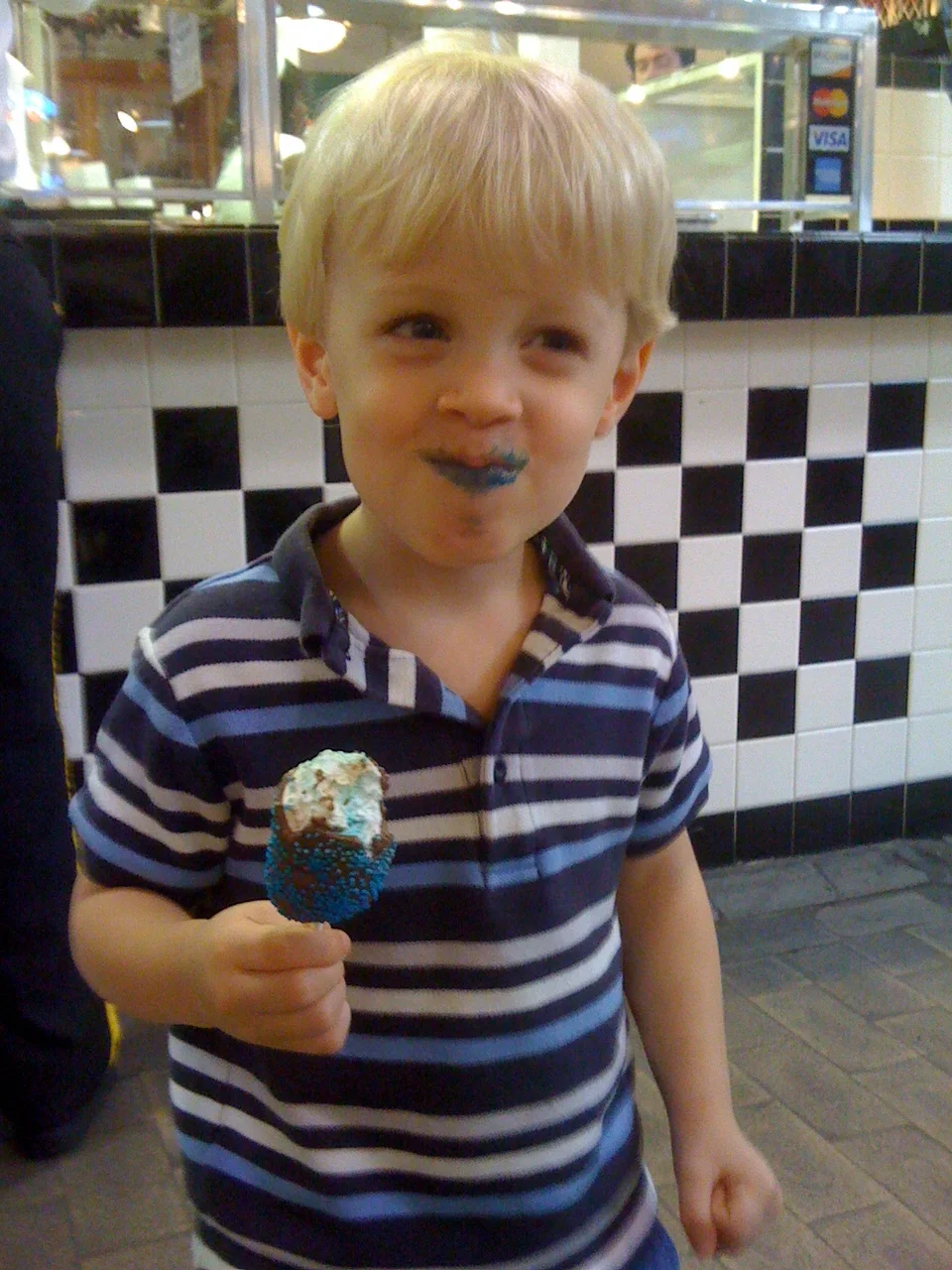I'm so happy to be participating in a Winter Joy Writing Retreat from now through December 14. It's an online "class" hosted by Jena Schwartz and Cigdem Kobu of The Inky Path, and this year's theme is edible memories. It's a lovely way to carve out a bit of space each day for two weeks, a tremendous gift to self during such a hectic time of year.
Food writing is really how I happened upon and fell in love with the craft of writing, so this retreat marks the loveliest of returns to some of my roots.
At its best, food writing not only makes your mouth water but also transports you to a time, place, the taste sensations of certain foods. You might find yourself experiencing someone else's memory as seamlessly as if it were your own, or you might find your memory jogged, tripping you back to a time you savored the very dish or ingredient or flavor in question.
Today's prompt asked us to consider comfort foods and the places, people and memories associated with them. As is often the case, I sat down to write and was happily surprised by all that spilled out onto the page. I'm going to share it with you here and plan to do the same, during the next fortnight, for all the writes I feel moved by and inclined to publish.
I hope you enjoy.
***
I grew up in south Louisiana, a flat land speckled with Cypress trees and their woody knees, an intricate system of swamps, bayous, lakes and the mighty Gulf, swarms of mosquitos, soaring Oaks, spindly Pines, thick carpets of St. Augustine grass, gators and the sing song hum of “Hi Y’all, How are you today, Baby? Your momma’s OK? Are you hungry?”
My grandfather, Papa, was a Sicilian emigrant whose parents had come through the Port of New Orleans before settling three hours west in Lake Charles. My grandmother’s people had been in Lake Charles since, well since they arrived. I don’t know more than that. They were Louisianians with a hearty French Cajun influence that you can hear in the very specific Cajun accent of the southwest region, of the French-not-French language, in the cuisine’s piquancy as it hits your tongue.
Nanny, my grandmother, cooked daily. For Papa’s restaurant -she made the cheesecakes; thousands over the course of that restaurant’s life- and for her own family. My mother, flanked by an older brother and younger twin sisters, left Lake Charles for college and didn't plan to return, but after raising my sister and me largely on her own for the years my father was in medical school and residency, she jumped when he was offered a full practice back in her hometown. Her own parents would be just a mile down the road and could help her with us.
We all came to see the enormous gift this inadvertent return to Lake Charles was. To grow up with loving grandparents nearby, and aunts, uncles and cousins both in town and just a couple hours’ drive away made for the village that so many of us don’t have today because the world has grown so scattershot and we all blow away on its winds.
Sundays drew us to Nanny and Papa’s house for family lunch. They went to church, we didn’t, but it didn’t matter because afterwards, we all came together to sit snug around the black and gold Formica table that was in that kitchen until Nanny died two years ago. Sixty some odd years she spent in that house, outliving Papa by twenty and her sisters by much longer.
Sunday was spaghetti and roast day, a tribute to Papa’s Italian heritage but flecked with Nanny’s culinary traditions too. Allspice and a bit of sugar tinged her tomato sauce which enveloped the roast until it fell apart when a fork came near. Big French baguettes were sliced and laid into napkin-lined baskets. A crisp green salad was made in the old, brown plastic bowl that was chipped by so many clangs of the tongs as they tossed and served. I watched the vortex made by Nanny’s iced tea spoons as they stirred and dissolved Lipton iced tea mix into tall glasses filled with water and, once the whirls stopped, fat ice cubes. The hinged silver sugar bowl sat waiting for those who didn’t want the “pink” stuff (Sweet’N Low), and the white plastic rotary cheese grater stood capably alongside a big wedge of Parmesan. A pie or icebox cake surely waited on the sidelines for later.
Though so many dishes from my childhood evoke nostalgia, comfort and profoundly distinct taste memories –gumbo, tea cakes, green rice, jambalaya- my mind always goes quickly to Nanny’s Sunday lunch when I think of comfort. I suspect that’s because of how much Nanny and I loved each other, how perfectly fine I always felt in her presence.
I remember the china bowls we’d eat our pasta from, and the matching salad plates too. I remember those iced tea spoons and glasses, her garlic press sitting near the sink, the trays of ice waiting in the freezer, the couches and blankets that waited in the next room to let us rest off the food comas we'd surely have.
I remember loving to twirl spaghetti and roast onto my fork with the help of a big spoon that refused to let the slippery noodles escape the tines. I remember liking to slide a big, saucy twirl between two slices of baguette; the original carb heaven. Mom often chastised me for this but Nanny always said, “Sharon, just let her be.”
I remember Papa’s big belly and balding pate, how he’d tuck his napkin into the front of his shirt and boom, “More cheese!” I remember my Dad enjoying every bite and that on his birthday, Nanny always made him cherry cheesecake. I remember that when she stopped doing that, it broke my heart a little because it meant she really was getting old. I remember that I asked her to teach me then, so that I could make it, so that I’d know it when she was gone.
After we stuffed ourselves silly, we’d retire to that next room and all fall asleep, Nanny and Papa in their recliners, my sister and I under the best plaid fleece blanket in the world, Dad always on the floor. Mom was a floater. Sometimes she returned to her childhood bed, other times she joined Dad on the floor or us on the couch.
And finally we’d awake, return home and bid Sunday adieu. I imagine I was already looking forward to the next weekend, to being back in Nanny’s kitchen as the roast bubbled away on the stove and I could stir the tea once more.




